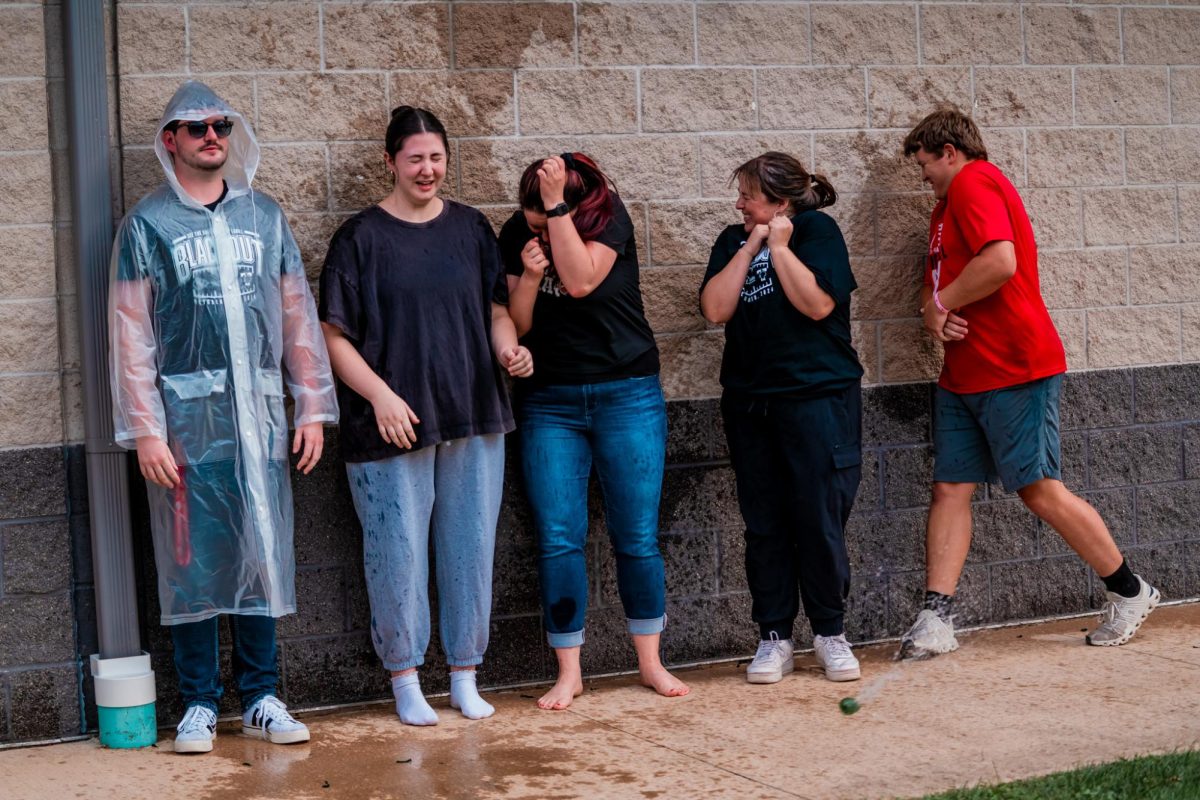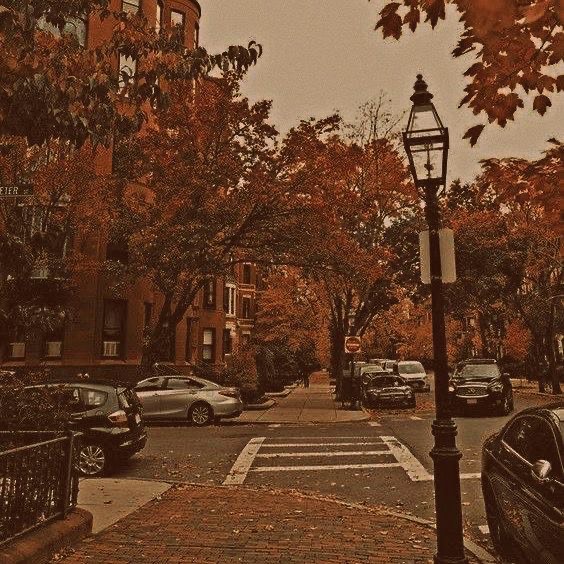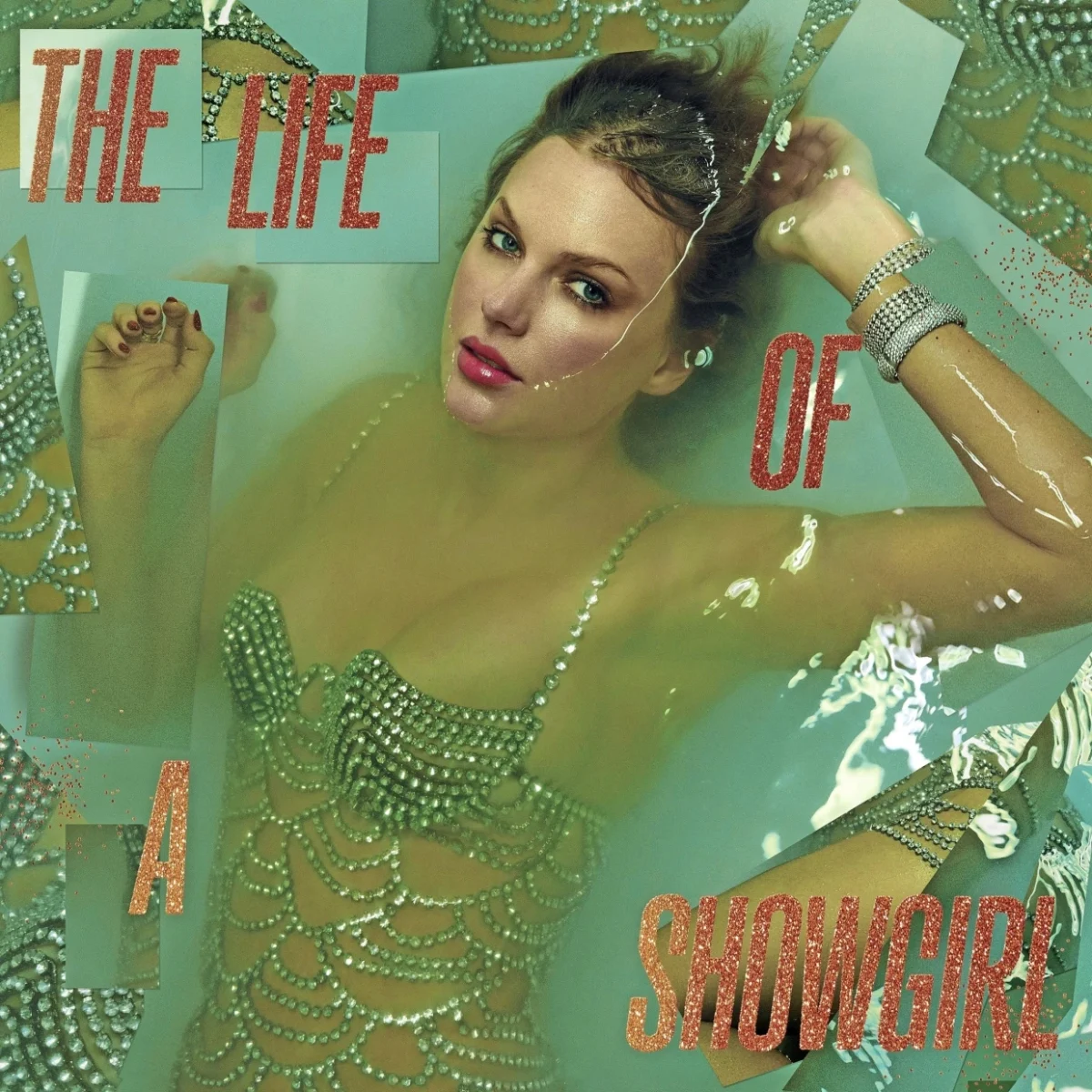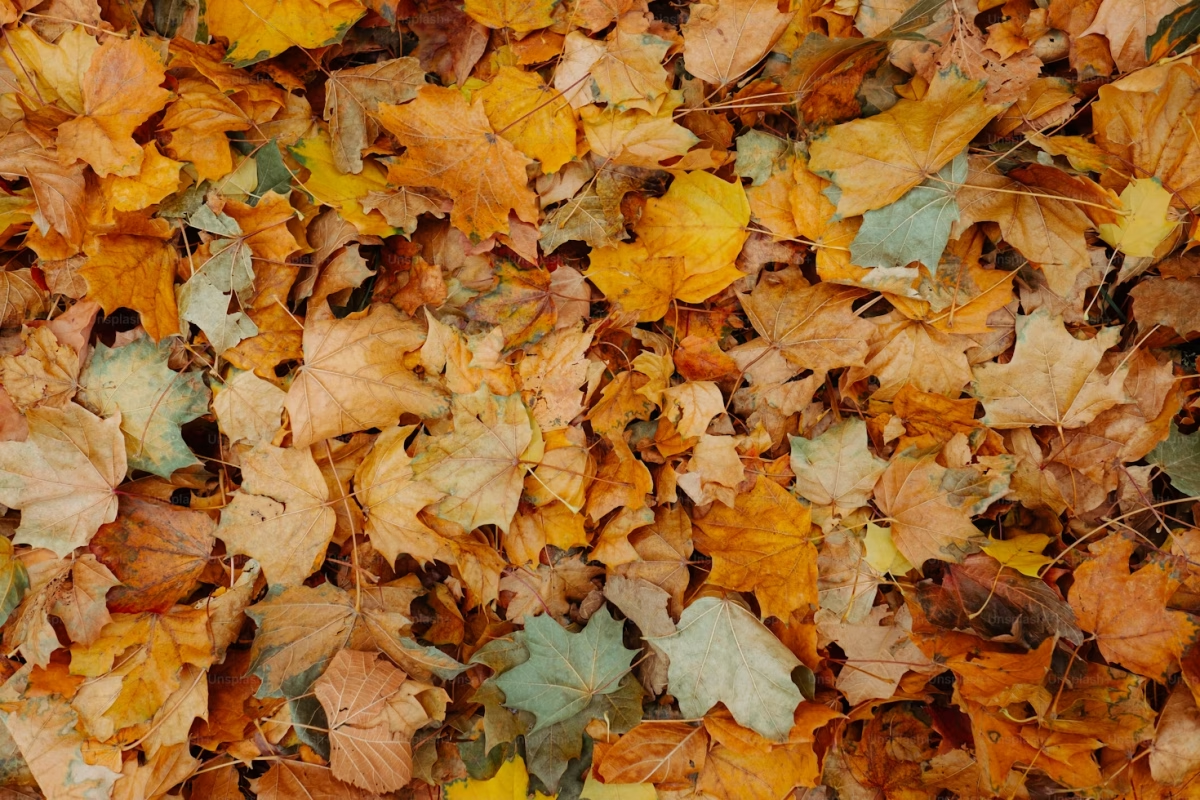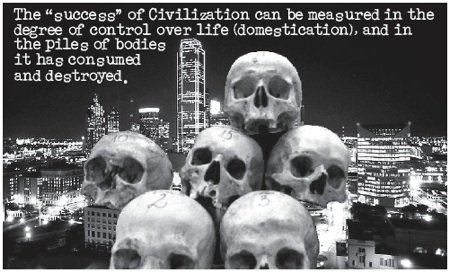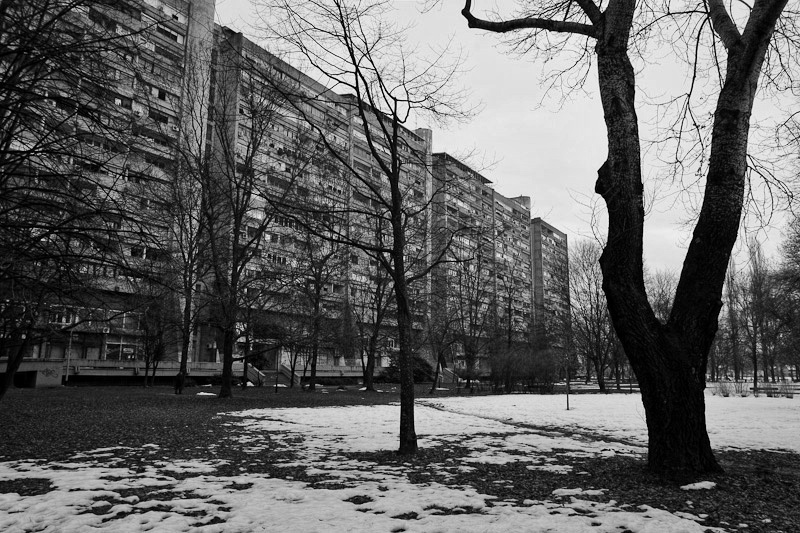There are many uncertainties you will come across during your time on the planet we know as earth, some people worry about their future, for others it might be their health or if the economy will fall tomorrow. Living life is full of worry and uncertainty that much is true, but do you know one thing that’s not uncertain in life? TIME. Time will always be here with us through everything. The best of times, the worst times; time will pass like always. It doesn’t wait for anything, not even life and death, “The sands of time fall and wait for no one”.
As we venture further into 2024 time takes our hand and introduces us into the “cold” seasons: fall & winter. While the passage of time and the changing of seasons shouldn’t be anything new to you, I would like to take a look at a couple of psychological statistics and studies surrounding the effect that the changing of seasons has on mental health.
To some this is all too familiar; seasonal depression, officially named Seasonal Affective Disorder (SAD), is very common:“About 5% of people in the U.S. experience SAD and it typically lasts about 40% of the year”. Right now there are about 340 million people living in the United States, that means whenever the seasons start changing into winter, 17 million people start showing signs of depression. This increase in fluctuating moods isn’t anything new to some people, it’s just the “winter blues” that unfortunately just happens, but why?
Why does the changing of seasons cause so much polarity among our contemporaries?
According to sources Psychiatry.org and hopkinsmedicine.org The shorter days and longer nights along with reduced sunlight causes shifts in people’s sleep/wake cycles inducing fatigue, loss of interest, sleeping too much, loss of energy, and many more symptoms that correlate with depressive disorder. Since psychologists have reasoned that the reduction of days and sunlight seems to be the leading causation of SAD they have developed a treatment that has seen improvements in people affected with SAD. The light box method is definitely a modern solution to an ancient problem, Light Box Therapy is the act of putting a box light that emits 10,000 lux of light with the intention to replace outdoor light. The mimic of outdoor light is recommended to be turned on for 20-30 minutes everyday and shows improvement in overall well being among people affected by SAD.
While SAD is definitely more common when winter starts coming around, Did you know that there’s two different versions of SAD? There’s fall-onset and a spring-onset SAD. The ladder spring-onset is the opposite of what we talked about when a person’s mood starts to depress during early spring to the start of summer. This version is much rarer and hasn’t been studied as intently as its winter counterpart but I believe it’s still important to talk about. “Reverse SAD” causation is much more speculated among psychologists but there could be many factors that play into it, people who have social anxiety problems definitely revel in winter but when spring comes around and people start flooding from their houses and start hosting Events like weddings, Barbecues, Festivals, ETC it will have an effect on people who are more comfortable when the disparity of winter keeps everyone inside. Psychologists also speculate that the changing of time and the increase of temperature, humidity, and especially the allergies cause some people’s well-being to plummet. Sadly since the problem with spring-onset SAD is much more unknown there hasn’t been an effective treatment that stands out to people. But with any mental illness reaching out to a professional is always the most sound way to help yourself or the people around you.
Remember, Mental Fortitude is one of the most important factors into oneself’s well being and should never be ignored. We have to be strong when walking the earth, vexations will try to bring us down and we have to meet these problems with true valiance so that our goals and dreams will never decelerate into just thoughts and old promises.
“When you arise in the morning, think of what a precious privilege it is to be alive – to breathe, to think, to enjoy, to love.” – Marcus Aurelius





